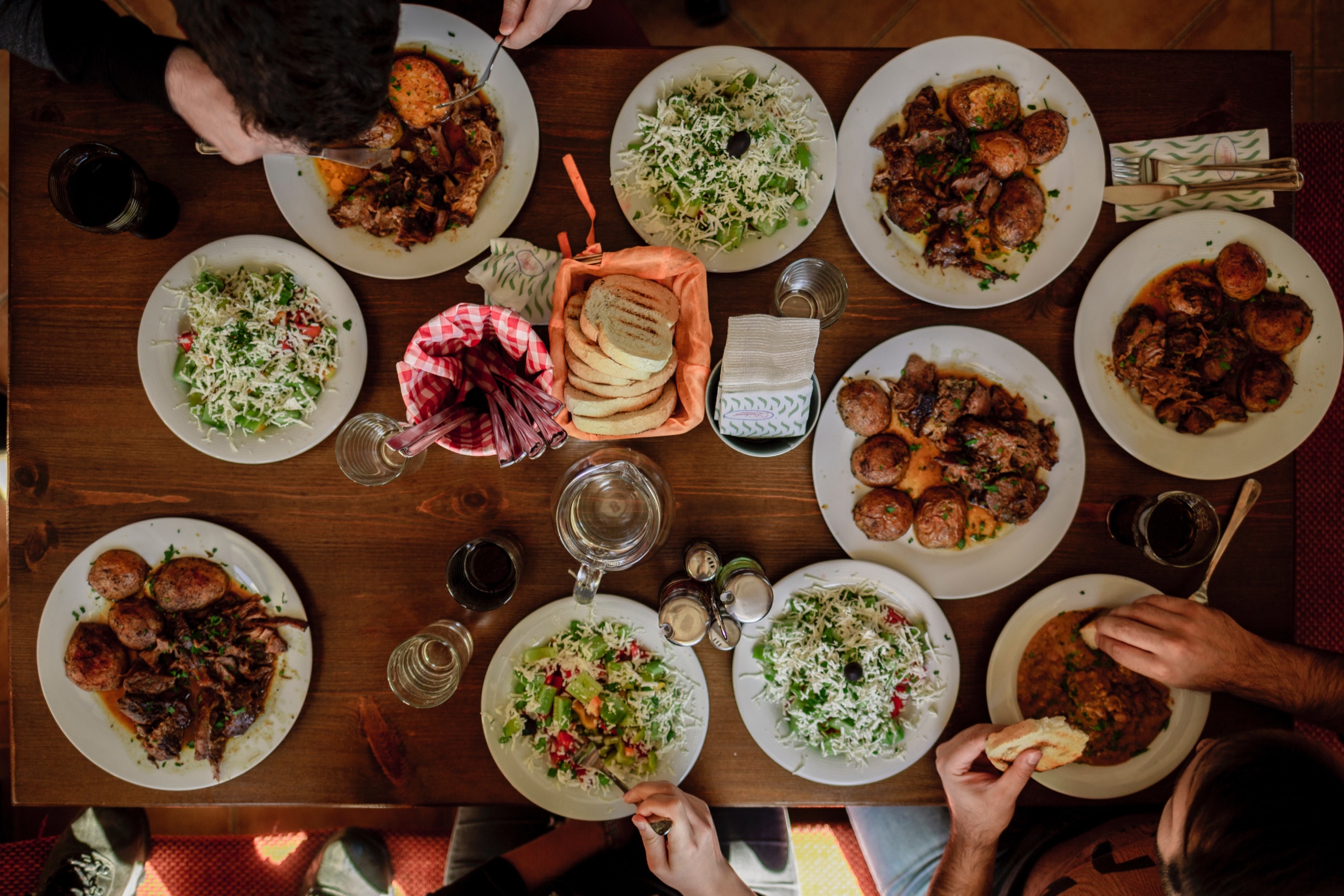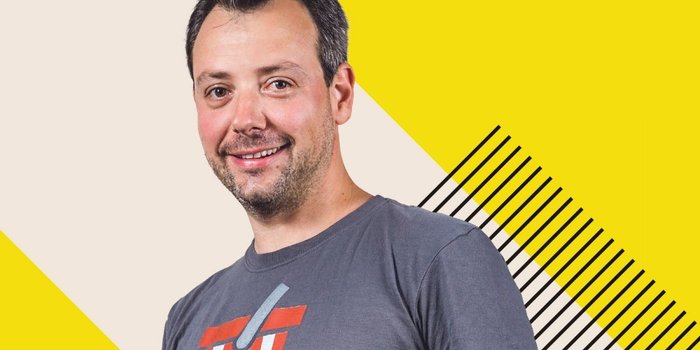Some entrepreneurs are born, others are made. Federico Casas identifies as the former. A lifelong entrepreneur, Federico started his first business at age eight, and hasn’t stopped since. As one of the first movers in Mexico City’s budding startup ecosystem in the early 2000s, Federico has watched Mexico and Latin America undergo a tech revolution and has been evolving his work alongside it every step of the way. After starting and selling multiple businesses, Federico dabbled in venture capital and now works on both sides of the table as an angel investor.
I sat down with Federico to discuss startup successes and failures, the evolution of the Mexican ecosystem, advice on raising capital in the Latin American market, and how to empower more people from non-traditional backgrounds to become entrepreneurs or investors. Check out this episode to learn how Federico exited two businesses before the age of 30 and went on to impact the ecosystem as an angel investor as well as entrepreneur.
“I have no fear of letting go of my businesses”
Federico Casas has built multiple businesses, and is able to move on quickly when an idea is no longer worth pursuing. That’s not to say he doesn’t know when to put his head down and work hard, but Federico is not an entrepreneur that falls in love with his business and doesn’t know when to stop. He sold his first and third companies (one of which was ridesharing company Aventones, acquired by BlaBlaCar) and continued to search for new ways to support the ecosystem using the knowledge he had acquired.
Federico isn’t afraid of building and testing models quickly, even if they fail. This mindset is still relatively uncommon in the Latin American ecosystem, so tune into the podcast to hear Federico discuss his startup successes and failures, and how they taught him to focus on his strengths.



